Sometimes, picking up a standalone novel, doesn’t quite hit the spot. Maybe all you want is to lose yourself in an intricate fictional world and pursue the same high you once experienced after reading a book series you stumbled upon years ago.
Well, the good news is you can experience that high again. The sheer number of brilliant multi-book narratives out there, especially in genre fiction, can provide you with a steady supply for your next fix. Still, knowing what to pick up next based on your preferences is just as important as the willingness to commit to these large literary tomes.
In this article, we’ve decided to put together a list of some of the best book series to read for adults, whether they belong to speculative offshoots like epic fantasy and sci-fi or even great works of drama from the classic back catalog and anything in between.
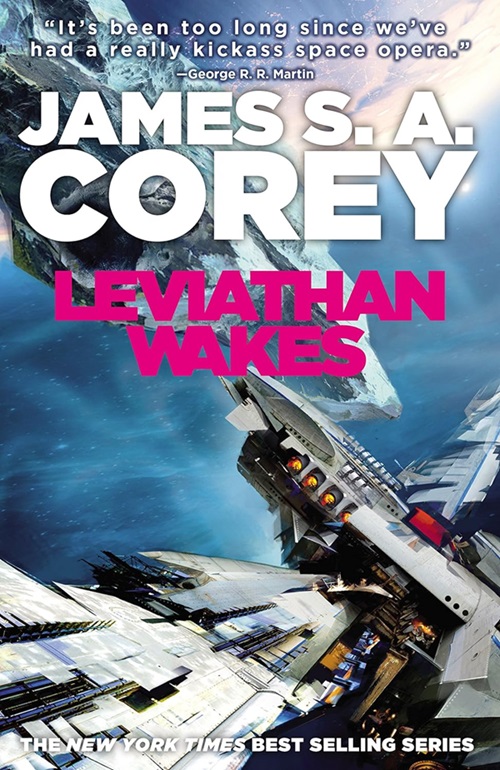
The Expanse by James S. A. Corey
There have only been a handful of great sci-fi stories following the genre’s golden age in the 20th century, and The Expanse by James S. A. Corey is definitely among them. The story takes place in a not-so-near future, where humanity has colonized the Solar System. The book is about the political and interplanetary conflict that arises between these different factions leading humankind while opening the avenue for mysterious alien artifacts heralding long-lost technology.
The Expanse is what you’d call “hard science-fiction,” paying attention to intricate scientific details and trying to adhere to them as much as possible. There is also great characterization, and the worldbuilding is some of the best we’ve seen in genre fiction over the past two decades. And unlike many other contemporary book series, The Expanse is actually finished, and you can binge-read it in its entirety right now.
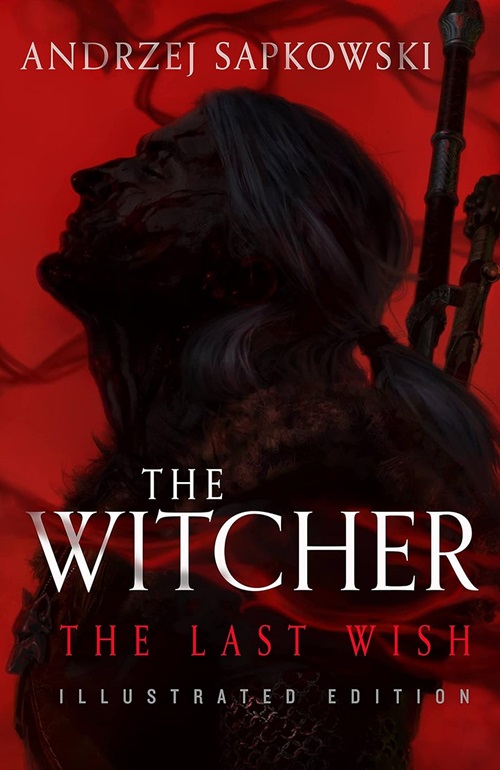
The Witcher Saga by Andrzej Sapkowski
Centering around the adventures of Geralt of Rivia, The Witcher series by Andrzej Sapkowski has left a lasting impact on fantasy literature. Grimdark, brutal, and pessimistic, the books may at first come off as a far cry from the best-selling and acclaimed video game, but the spirit of the tale and its world are the same. Sapkowski has some of the best character monologues in all of fantasy and perhaps even literature as a whole. If you’re a fan of character-centric fantasy books and have played The Witcher games, then do yourself a favor and pick up the book series that spawned them in the first place.

The Human Comedy by Honoré de Balzac
Now let’s take a step away from the speculative landscape for a little bit. Often touted as one of the most ambitious sociolinguistic works in history, La Comédie Humaine paints the most extensive and detailed image of French society in the 19th century. To say that Balzac was prolific is a criminal understatement, and the 90 finished works comprising The Human Comedy are but a small testament to that.
It might take you a while to get through it all, and not everything in the collection is an inspired piece of writing, but overall, for many history and drama enthusiasts, it is as raw and as detailed as it gets. There are dozens of novels in The Human Comedy, which you can read through in the order of their release.
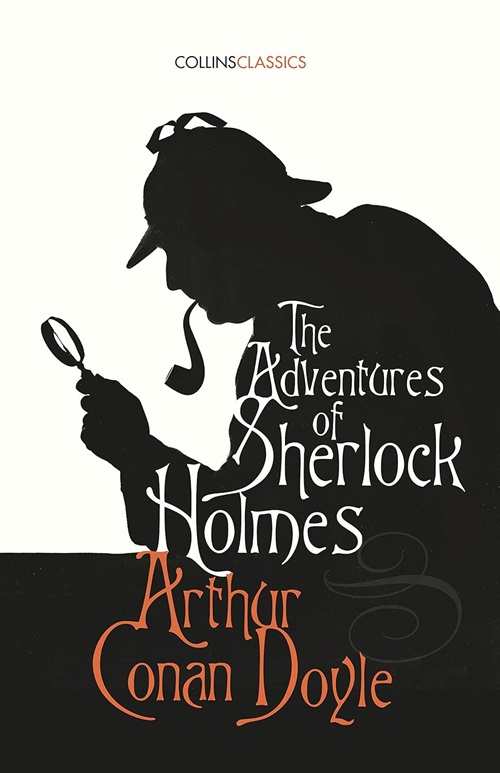
Sherlock Holmes by Arthur Conan Doyle
Recommending Sherlock Holmes feels like telling people to watch a classic movie that they’ve already heard about many times before, and perhaps even seen the remakes. Such is the importance of Sir Arthur Conan Doyle’s work that reading through it almost feels like a rite of passage for people who love literature, specifically detective stories. Sure, I could’ve also included Agatha Christie and her Poirot books on this list, but there’s something about how Conan Doyle so deftly weaves a narrative together and writes about the human condition that even Christie — one of his innumerable admirers herself — fails to capture. The Sherlock Holmes canon consists of four novels and dozens of short stories, starting with 1887’s A Study in Scarlet and ending with 1927’s short story The Adventure of Shoscombe Old Place.
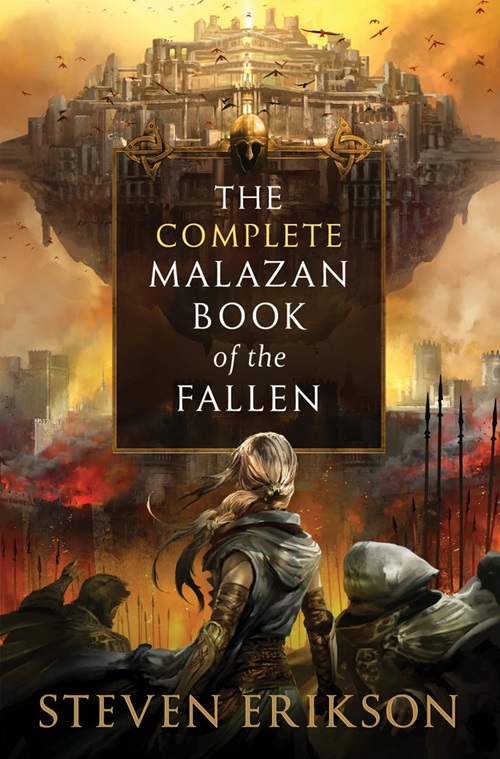
Malazan Book of the Fallen by Steven Erikson
Boasting one of the most ambitious narratives in all genre fiction, Malazan Book of the Fallen by Steven Erikson is a 10-book epic fantasy series that deals with a host of compelling characters and their respective tales in the world of Malazan. It’s difficult to put the story in a simple premise, but we can say with a measure of certainty that Malazan Book of the Fallen will be studied many years from now as a pinnacle of literary achievement.
The books are difficult and confusing to get into, and many genre enthusiasts have come to jokingly refer to them as the “Dark Souls of literature,” a quip that’s certainly not lost on members of our community, but if you bear with them, they will turn into some of the best books you’ve ever read.
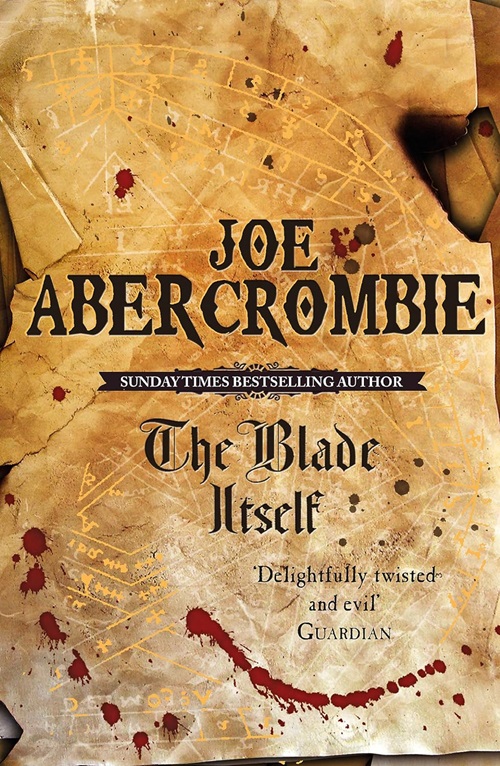
The First Law by Joe Abercrombie
These days, most people’s go-to author for dark fantasy is George R.R. Martin, mainly known for his subversion of expectations in the face of J.R.R. Tolkien’s traditionalist approach. What many of them fail to realize is that someone is doing it better than Martin, and had his work garnered the attention of Hollywood moguls and got a television adaptation like Game of Thrones, it would already be more popular and beloved than the entirety of A Song of Ice and Fire.
Joe Abercrombie’s First Law is cynical, brutal, witty, and character-driven. But perhaps his greatest strength, which has immortalized these books in my mind, is his mastery of scene-building and dialogue, unparalleled by any contemporary writer.

Foundation by Isaac Asimov
Isaac Asimov’s Foundation trilogy is the cornerstone of science-fiction literature. Douglas Adams’ The Hitchhiker’s Guide to the Galaxy took major influence from Asimov, while Frank Herbert basically wrote Dune as a commentary on Foundation. The story follows the twilight of a Galactic Empire, where a scientist invents a branch of mathematics that can help him predict the future.
The tale is epic, the concepts are innovative (on account of Asimov himself being a scientist as well as one of the pioneers of hard science-fiction), and the nonlinear story keeps you on your toes all the way through to the end. Foundation is an essential read, even for people who don’t care much at all about science fiction.

Discworld by Terry Pratchett
No fantasy book series is as pleasurable and fulfilling to read through as Terry Pratchett’s timeless Discworld. If you’re out in the book market looking for a work that doesn’t take itself too seriously yet is still packed with layered storytelling and satire that still manages to pack an emotional punch, then Pratchett’s unique prose and style of comedy is just right to scratch that particular itch.
There are 41 novels in the Discworld universe, but don’t let that number intimidate you because most of them are barely novel-length (barely pushing past 200 pages), unlike many other thick doorstop fantasy book series out there.

The Murderbot Diaries by Martha Wells
Speaking of amazing science fiction books that you shouldn’t miss out on, The Murderbot Diaries by Martha Wells definitely deserves a shout-out here. The story follows a half-human, half-robot cyborg who manages to override his programming and gain independence, but it primarily uses that independence to consume media. In time, the cyborg comes to develop feelings and emotional connections, which it finds rather inconvenient.
The books are short, witty, and unbelievably compelling. Martha Wells has garnered a lot of acclaim and won many trophies for The Murderbot Diaries, turning her work into one of the most important sci-fi book series of the past few decades, especially when it comes to AI and human interaction with artificial intelligence. Reading and thinking about this concept in 2024 (what, with the advent of creations like ChatGPT) is more important than ever.

The Dresden Files by Jim Butcher
I already warned you that this list was going to incorporate every possible combination of genres, so I figured, why not have a detective story set in modern-day Chicago but featuring magic and supernatural elements? The Dresden Files by Jim Butcher is a series of highly-acclaimed mystery urban fantasy centering around Harry Dresden, a wizard who works as a private investigator.
At first, you might think, “How on earth would any of these tropes work together?” But then, you’ve not read Jim Butcher. Trust me when I say The Dresden Files features some of the best detective storytelling we’ve seen recently, and despite all the incongruities of its numerous components, it all works in the context of Butcher’s narrative. There have been 17 entries in the series so far, most of them novel-length, but the story of Harry Dresden is still unfolding, getting more and more epic with each installment.

The Leatherstocking Tales by James Fenimore Cooper
Now, this next pick might not exactly be recognizable as a series, but its second novel, The Last of the Mohicans, is among the most popular books in American literature. The Leatherstocking Tales by James Fenimore Cooper are set in the eighteenth century and deal with the upheavals of that period in the New World. The depiction of Native American culture and history, not to mention Uncas as the “last of the Mohicans,” the sole survivor of an honorable ethnicity, is among the unmitigated strengths of Fenimore Cooper’s narrative.
There are many great historical fiction book series (like the Aubrey-Maturin series by Patrick O’Brian or Outlander by Diana Gabaldon) but The Leatherstocking Tales rarely gets the attention it deserves. If you liked Michael Mann’s 1992 classic movie The Last of the Mohicans, then you should give the book series a read.

His Dark Materials by Philip Pullman
This critically acclaimed fantasy trilogy by Philip Pullman came out in the form of 1995’s Northern Lights (known in the United States as The Golden Compass), 1997’s The Subtle Knife, and 2000’s The Amber Spyglass. In a lot of ways, His Dark Materials is a coming-of-age story of its main heroine, Lyra Belacqua, who lives in a world where everyone has a talking animal companion who represents their inner selves.
Pullman’s worldbuilding is exquisite and believable, and his story explores complex themes like religion, individualism, freedom, and morality. If you love Harry Potter, then His Dark Materials is the substitute you’ve been looking for, though many of its most ardent fans would argue that Pullman writes the better story by far.

The Red Rising Saga by Pierce Brown
While many would categorize Pierce Brown’s Red Rising Saga as science fiction, I’d describe it as a space opera more in the vein of Star Wars. The story takes place in a world where humanity has colonized its star system, and society has been segregated into different colors. The Golds, for instance, are at the top and rule with an iron fist, while the Reds are little more than slaves.
We follow Darrow, who is a Red working in the dark caverns of Mars. Darrow believes in the idea that things will eventually get better for his class, but things go awry when Darrow’s wife, Eo, is executed for singing a rebellious song. Darrow is then recruited into the Sons of Ares, who want to topple the government. Red Rising is one of the most compelling and acclaimed book series of the past two decades, so don’t let that seemingly tired premise throw you off.

The Lies of Locke Lamora by Scott Lynch
Scott Lynch’s spiraling fantasy series, beginning with The Lies of Locke Lamora, takes place in a fantasy world but the story puts a unique spin on the genre. We follow Locke Lamora, a con artist planning a grand heist in the city of Camorr, inspired by real-life Venice. The series is known for its intricate narrative, flowery prose, and extremely charismatic protagonist.
Many fantasy enthusiasts compare Scott Lynch to Patrick Rothfuss and his Kingkiller Chronicle. It’s easy to see why, but just like his fellow author, Scott Lynch seems to be taking his sweet time writing the next installment in the series. So dive into it with the knowledge that you might be left hanging for quite a while. Still, the series, consisting of The Lies of Locke Lamora, Red Seas Under Red Skies, and The Republic of Thieves, is so brilliant that we can’t help but recommend it, even if the next book never gets released.

The Hyperion Cantos by Dan Simmons
Lastly, we have to find a spot for The Hyperion Cantos due to its far-reaching influence on fiction. The sci-fi quartet is celebrated for several reasons, but none more than its deep philosophical themes that even go into poetry and mythology. The story takes place in the distant future, where humanity has spread across the galaxy and established an empire called the Hegemony of Man. The first novel, Hyperion, is similar to the famous Canterbury Tales, with seven pilgrims visiting the titular planet and journeying to the Time Tombs, a mystifying structure that moves backward in time.
This list has a bit of everything for everyone. But barring some obvious and popular choices that were purposefully excluded, there are no doubt many other great book series out there that we might have overlooked, so don’t hesitate to share them with us and the rest of the readers in the comments.













Published: Sep 13, 2024 01:46 pm